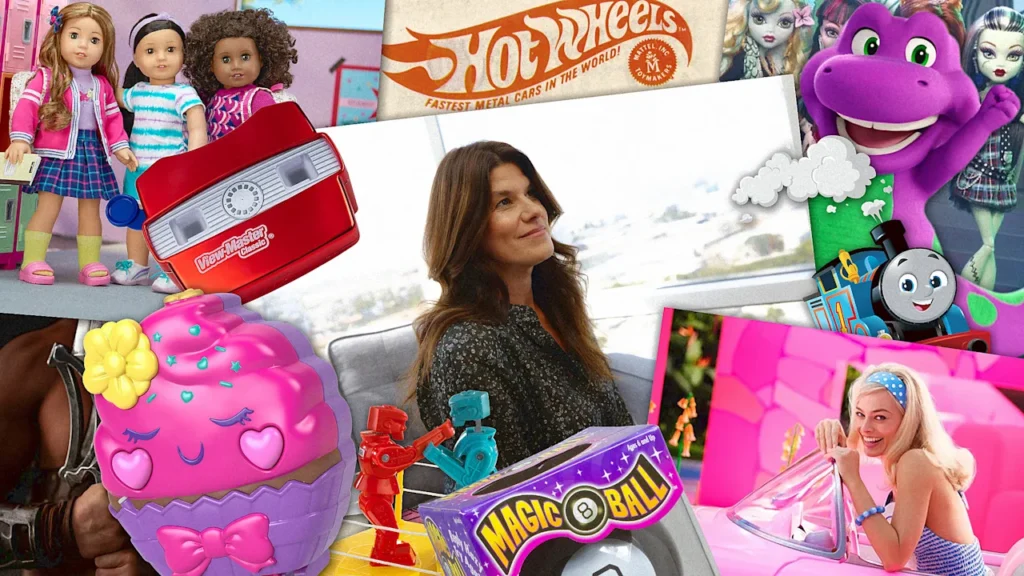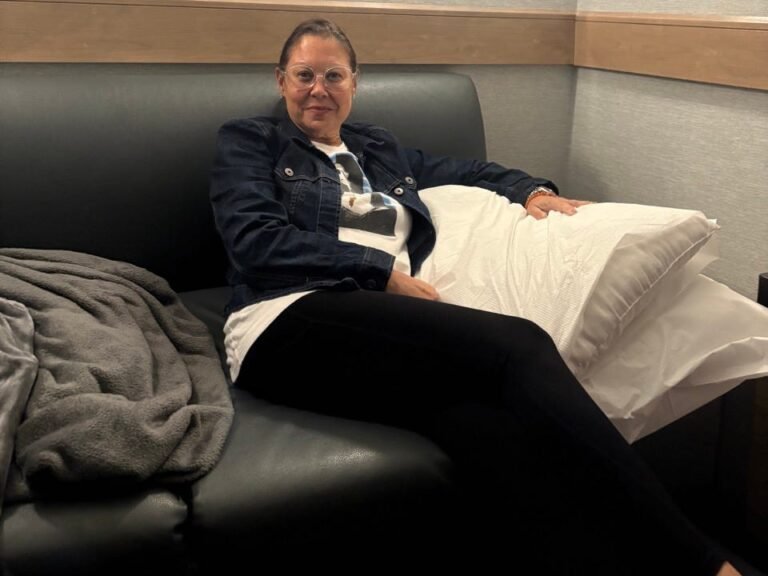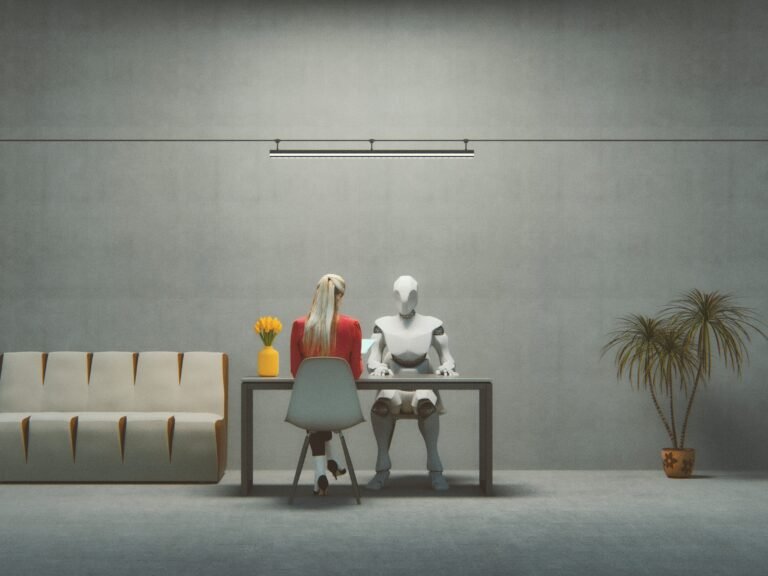
When it comes to turning a beloved toy into a box office hit, it’d be hard to top 2023’s Greta Gerwig-directed Barbie. But Mattel veteran Robbie Brenner, who produced the nearly $1.5 billion-grossing film, has no interest in resting on her laurels. In June, the toy company launched Mattel Studios, bringing together its film and TV efforts under Brenner.
At Mattel Studios’ president and chief content officer, Brenner now oversees more 15 projects in development, each with a unique twist. There’s a Hot Wheels movie helmed by Wicked director Jon M. Chu, a horror-skewing adaptation of Barney being written by The Bear’s Ayo Edebiri, and an adaptation of the He-man property Masters of the Universe. Most recently, Mattel announced that it’s working with Minions studio Illumination on an animated Barbie movie.
I spoke to Brenner about how she chooses which intellectual property to develop into bigger projects, the importance of delivering both fan service and organic storytelling, and how she plans to replicate Barbie’s success with another toy franchise.
You came to Mattel from Miramax seven years ago. When you first started at Mattel, how did you take stock of what properties you wanted to develop into bigger projects?
Where else do you come in your life, aside from Disney, where you have endless titles that you and your kids grew up playing with? When I came into the company, there were like 200 brands, either from Mattel or from buying other libraries or buying other companies. I looked at each title and used my intuition, to say like, okay, that title, that brand, that sounds like that could be like a big theatrical experience. And so I whittled it down to some 40 titles. Those were my starting block for building out this film division.
Barbie was the last movie that I ever thought we were gonna make. Everybody has a relationship with Barbie, and that makes it even harder to find a way into that story. For us it was really Greta’s love and affinity for Barbie, and her voice, which is so unexpected and authentic.
That’s the way we’re trying to approach all these movies—doing things that feel like they have a reason to exist by working with these unique voices. Especially when we’re consumed by our phones, the only way to cut through that is to do something that feels wholly unique in an authentic way. To be able to open up my rolodex and pair the filmmakers and writers I’ve worked with up with these brands has been so much fun.
Did the success of Barbie change your approach to how you develop a project?
You need a strong script and somebody that has the vision to tell the story in a way that feels different and interesting. That has always been a huge component of how we approach our IP. We’re just keeping our heads down and trying to tell great stories. Barbie was certainly a once-in-a-lifetime phenomenon—one could only hope to replicate that.
But we’ve got Masters of the Universe coming out next year, and it’s the polar opposite to Barbie. It’s this incredible spectacle that [director] Travis Knight has pulled off with the rich canon of characters and mythology. It’ll be fun to show the world that we can do so many things. Similarly, [tk IP] Matchbox is a high-octane action movie, but it has so much heart.
I’m sure a lot of people will compare everything we do to Barbie. Not everything can be Barbie. We look at these brands individually and we treat them individually. Sometimes we’re going to make smaller movies that are just great stories that need to be told, and other times there will be just huge tentpole movies. I think as long as we continue to stick with our approach and vision, good things will come.
Now that Mattel’s TV and film efforts are unified, has your approach changed? You mentioned Disney as having a similarly rich IP library. Do you take inspiration from their approach?
Movies and TV, theatrical and streaming, they’re all very blurred lines right now. So I just look at it all holistically as content—short form, premium, scripted—and I want to work with the same writers and directors that I have relationships with. Mattel Studios is about aligning under one banner and looking holistically about where a brand is better sitting—as a television show or a movie. The philosophy is the same: telling great, unexpected stories with brave filmmakers.
Over the next couple months, you’ll see a lot of movement on television. We have a lot of shows in negotiation right now with incredible creatives.
We’re all working together to maximize the evergreen properties we have to make sure that we’re franchising them in the best way so we’re not stepping on each other. It’s more synergy and made a lot of sense for all of us to sit together and work together to maximize Mattel’s potential.


